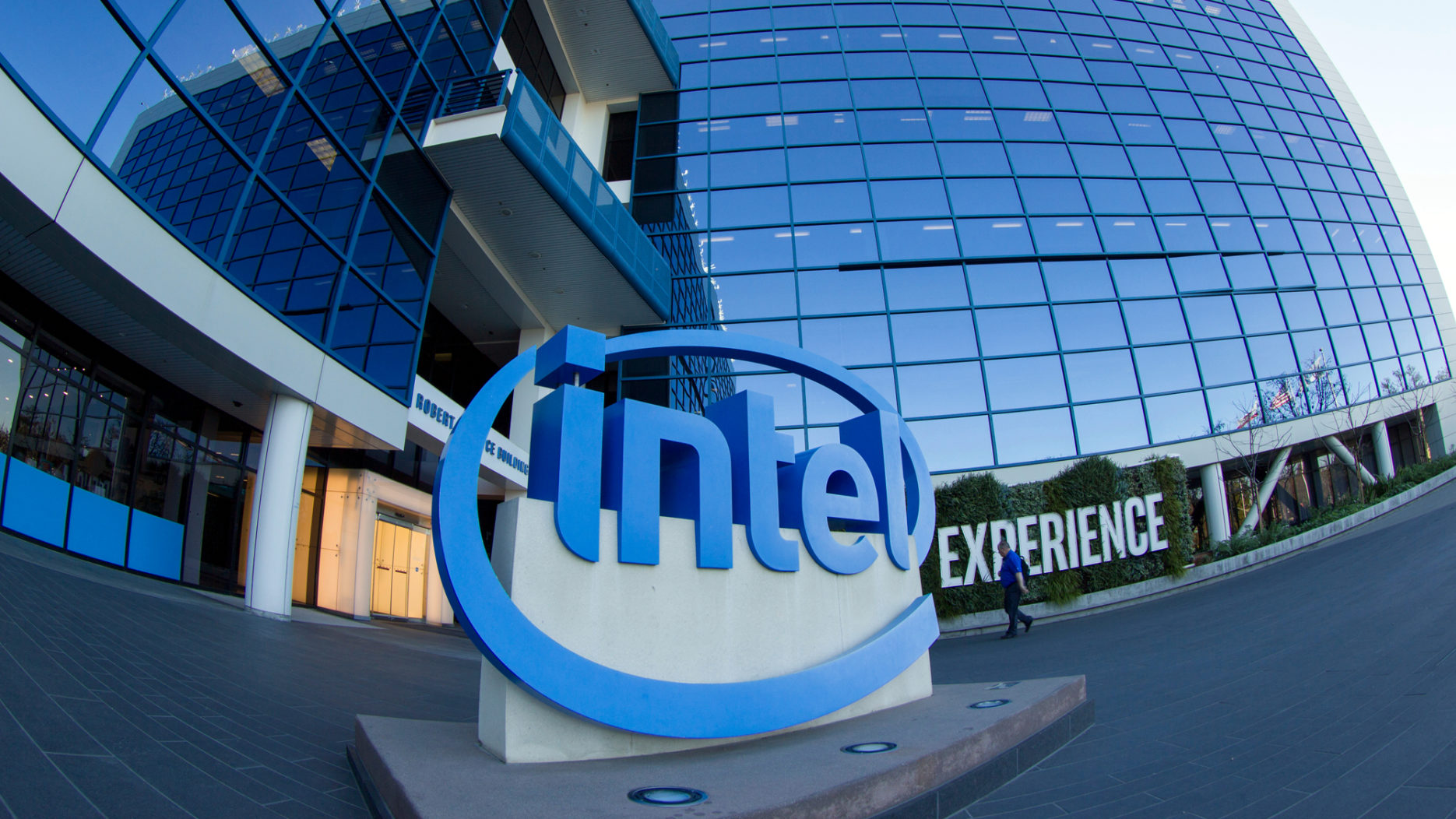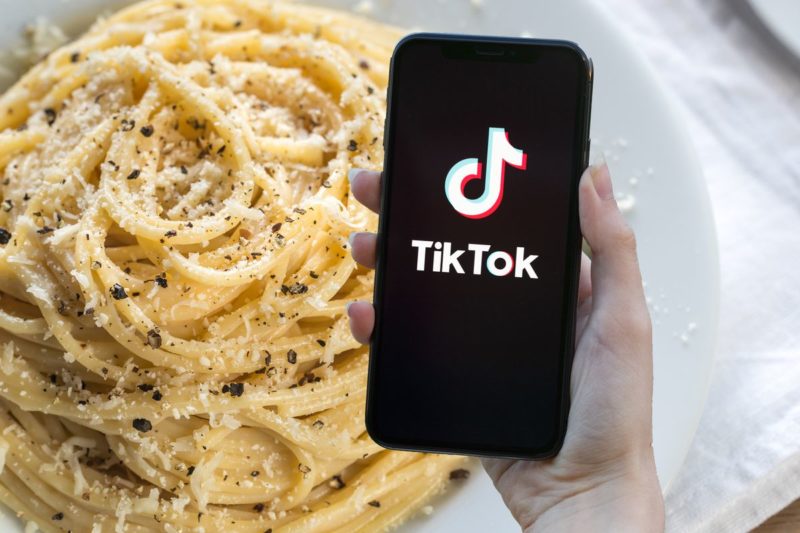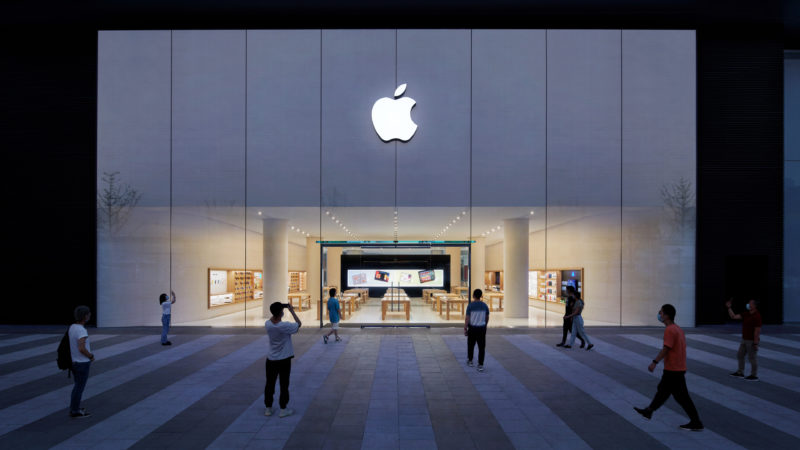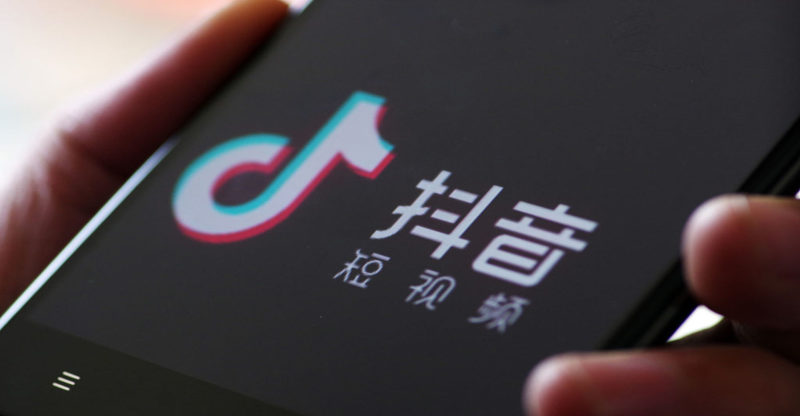The US chipmaker Intel has come under fire in China over its Xinjiang labour stance. In an open letter published in early December, Intel asked its suppliers “not to use any labour or source goods or services from the Xinjiang region” due to concerns of the allegation of human rights abuses.
The Chinese government has repeatedly denied the accusation. The company was quick to issue a statement on 23 December, explaining that the paragraph “was only there to comply with the American law” and that the company has no means to offend “the Chinese partner that it highly values”. However, the fire already sparked by the initial announcement shows no sign to ease, with Intel’s brand value in China likely to drop as a result despite trying to save the offence.
The state-owned media, Global Times, described Intel’s statement as “discriminative” and that it “fabricated accusations of forced labour in the region”. The topic of Intel banning Xinjiang products has drawn over 260 million views on China’s Twitter-like platform Weibo since the news broke out on 21 December. With netizens, unsurprisingly calling for a boycott on the brand, showing the high risk of foreign brands trying to balance their stance on the controversial region and access to the Chinese market.
There is a tug of war between the damage they can cause in the Chinese market versus in the international market, with Chinese consumers outraged by such moves, whereas Westerners liking companies that take stances against unethical behaviour.
What has cast the cloud over the brand’s future in China even more, is the swift termination of collaboration by Intel’s latest brand ambassador Wang Junkai. The post-95 Chinese singer is the leader of China’s most influential idol group TFBOYS, who is popular not only among young people but also mid-aged followers.
Wang joined Intel this May as a spokesperson for its Core products, which saw more than one million engagements on Weibo at the time. Having lost this beloved influencer could further disconnect the brand from its Chinese audience in what is a time where if Intel does not plan delicately, they could lose a major part of their business within China.
Intel is not the first foreign brand being called out in China over its Xinjiang stance. Earlier this year, global labels including Adidas, Burberry, H&M and Nike had also found themselves in a PR crisis in China due to the Xinjiang cotton row, which saw over 40 Chinese celebrities terminate contracts with them.
These boycotts had taken a toll on these brands sales in the lucrative market. Although brands such as H&M had made efforts to regain the Chinese consumers by debuting on fourth China’s International Import Expo later this year in November, the attempt doesn’t seem to have fixed consumer confidence in this brand, showcasing how important relations are with consumers within China.
While the controversy at Intel continues to ferment, it remains to be seen how the brand could get away with the ongoing row and if the company could still hold the Chinese market in the coming future. If they are unable to find ways to appease their consumers and China in a broad sense, then there is every chance they not only lose market size but the whole market itself.
Read more:









